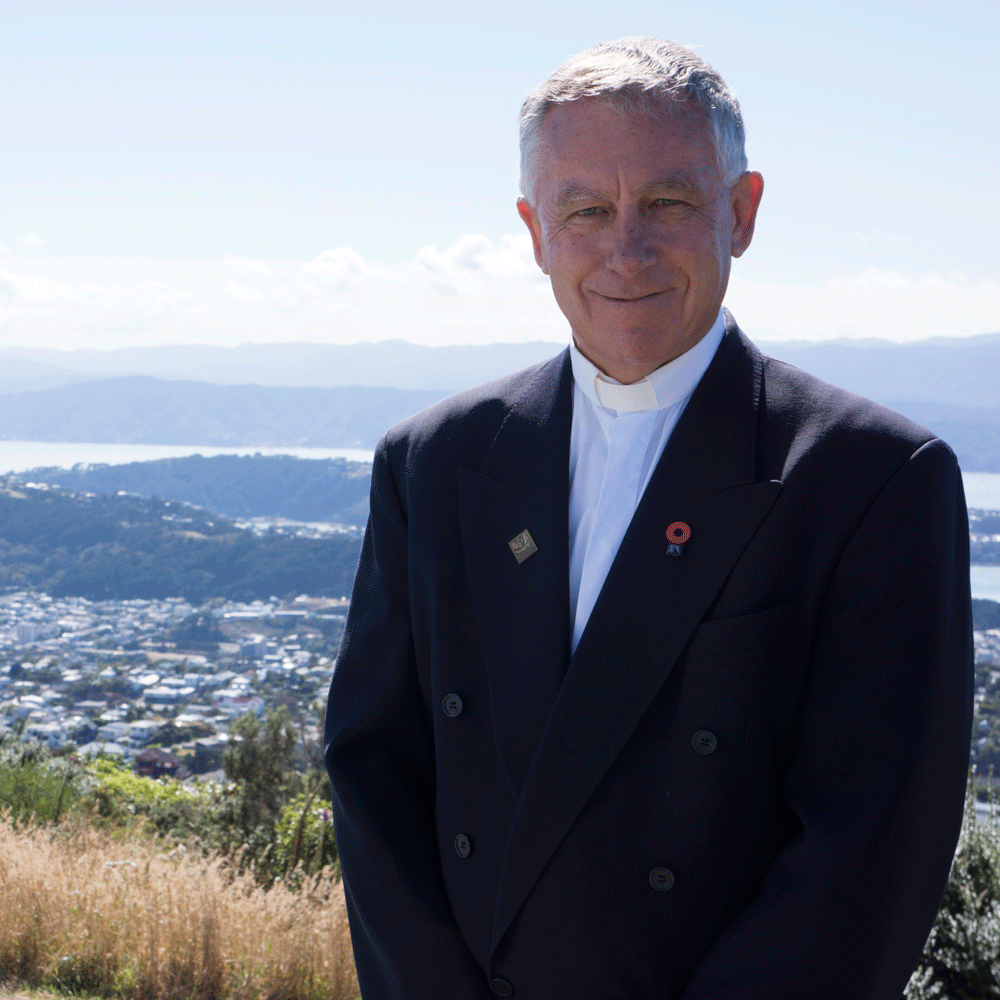WelCom August 2020
“We all still need to be conscious of hygiene measures such as hand washing, using hand sanitiser when distributing Communion, and keeping our churches and other premises in our communities clean. If people are unwell, they should not come to Mass or other parish activities.”
Cardinal John Dew

In a letter to priests and lay pastoral leaders in the Archdiocese of Wellington, 14 July, Cardinal John Dew advised guidelines on how to continue to keep parishioners safe and to continue to feel safe in the Covid-19 environment.
Going into Alert Level 1 on 8 June ended the restrictions on the numbers of people gathering including in churches for Mass and other services. However, some restrictions for Masses were kept in place to help make vulnerable people feel it was safe to come back to Mass. These restrictions were:
- the removal of holy water from fonts;
- no communion on the tongue or from the chalice; and
- asking people not to shake hands at the Sign of Peace.
When advising these restrictions in June Cardinal John said that he would review these restrictions in a month’s time. In his letter, 14 July, Cardinal John advised he had consulted with the Council of Priests the previous week about what they thought was appropriate based on what was happening in their parishes. Several said there were elderly people who were not coming to Mass for safety reasons and that most people appreciated the cautionary approach that has been taken.
Cardinal John wrote that the following guidance had been decided.
- Keep the restrictions on holy water in fonts in place.
- Keep the restrictions on communion from the chalice in place.
- People should not feel obliged to shake hands at the Sign of Peace but should acknowledge one another in ways they feel comfortable with.
- Priests to talk with parishioners who may wish to receive communion on the tongue and to advise them that if they are prepared to come at the end of the line for communion, they could receive it on the tongue.
- When priests are concelebrating Mass, such as for funerals, they should receive the Precious Blood by intinction [partly dipping the consecrated bread, or host, into the consecrated wine before consumption].
Cardinal John went on to suggest that priests ask their Eucharistic ministers if they are willing to continue their ministry with the easing of Covid-19 restrictions, as some who are potentially vulnerable due to their age or health status, may not feel safe continuing.
In conclusion Cardinal John said, ‘We still need to be conscious of hygiene measures such as hand washing, using hand sanitiser when distributing Communion, and keeping our churches and other premises clean. People should be reminded once again that if they are unwell they should not come to Mass or other parish activities.
‘Thank you for everything that you and your parishioners have done during the various Alert Levels. Let us enjoy the opportunities to gather which Alert Level 1 has given us and pray that the country does not have to return to the restrictions of the last few months.’
In July, Monsignor Brian Walsh, Local Administrator, Diocese of Palmerston North, advised parishioners that he had consulted priests and laity and had consequently decided to lift the liturgical restrictions for the diocese.
‘This means implementing Holy Communion under both kinds, receiving the Host with both options (on the hand or tongue), the sign of peace with handshake, Holy Water being available, and putting aside any other liturgical restrictions that may have been in place because of Covid-19.
‘The lifting of these liturgical restrictions may be implemented in your own timeframe from now on.
‘All governmental protocols must still be obeyed.’